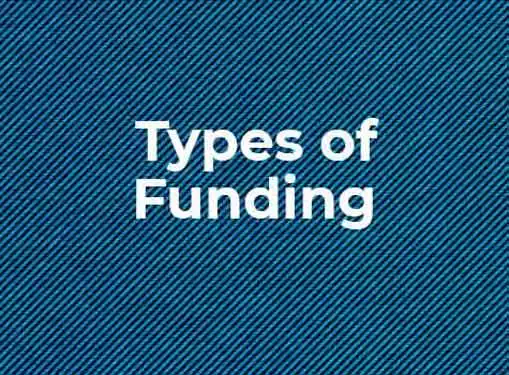Raising Money
Types of Start Up Financing
Written by Brenda Stokes for Gaebler Ventures
Unless you have been saving money for years to start your business, you are going to need start up financing to make your dreams come true. But what types of start up financing are available to you?
When you want to start a business, you need start up money.

With an idea and a business plan, you can achieve that funding. However in many cases, you do have to prove your concept before business funding is awarded.
Factors to consider
There are a number of factors to consider when you are exploring business funding opportunities. Those factors include whether your needs are short term or long term, whether you need the money for what will later become assets or for operating expenses, whether you need all of the money now or small amounts over time, and if you want to share the risk with a partner or assume all of the risk if the business fails.
Because there are many ways to fund business start up, it is important to look at all of these factors so that you can determine which business finance options are best for you.
Two types of Business financing
There are two types of business financing. The first is equity financing. This is where you sell part of your business for cash. In other words, you are acquiring investors and they assume some or all of the risk if the business fails. If it succeeds, they make more money than they initially invested.
The second type of business financing is debt financing. Debt financing is where you borrow money, such as when you take out a loan. You have to pay the money back whether your business succeeds or if it fails.
Start up funding options
Now that you know what equity financing and debt financing are, it is time to look at the different business funding options. They are:
Credit cards - If you have enough money on a credit card, which is the same as taking out a high interest loan, then you can use the available credit to apply toward your business venture.
Friends and family - You always have friends and family who may be interested in investing in your business. Although you are dealing with people you are close to, you still need formal documents in case something occurs later with the business, such as success or failure.
Bank loans - This is, of course, the most traditional type of way to achieve business financing and falls into the category of debt financing. New businesses have been able to receive loans as small as a few thousand dollars to a few hundred thousand dollars. Such financing is easy to obtain if you have assets to back the loan up.
Leasing - If you need equipment and office space, you can always lease what you need and buy it later when you can afford to do so. Whether or not you lease depends on the business type.
Private lenders - Private lenders frequently use the same criteria as banks, but tend to say "yes" when banks say "no." They take on a higher risk than the typical bank.
Grants - There are grants available for minorities, certain business types, and those with a dream. Many are available geographically, so you can check with your area Chamber of Commerce to learn what grant opportunities are available to people like you.
So realize your dream by exploring the different start up financing options. When you have a concept that you can prove, you can have the money in your hand in no time.
Brenda is a graduate of California State University and a professional writer covering a variety of business topics. To learn more about Brenda, check out her website at The Digital Inkwell.
Share this article
Additional Resources for Entrepreneurs




Conversation Board
We greatly appreciate any advice you can provide on this topic. Please contribute your insights on this topic so others can benefit.